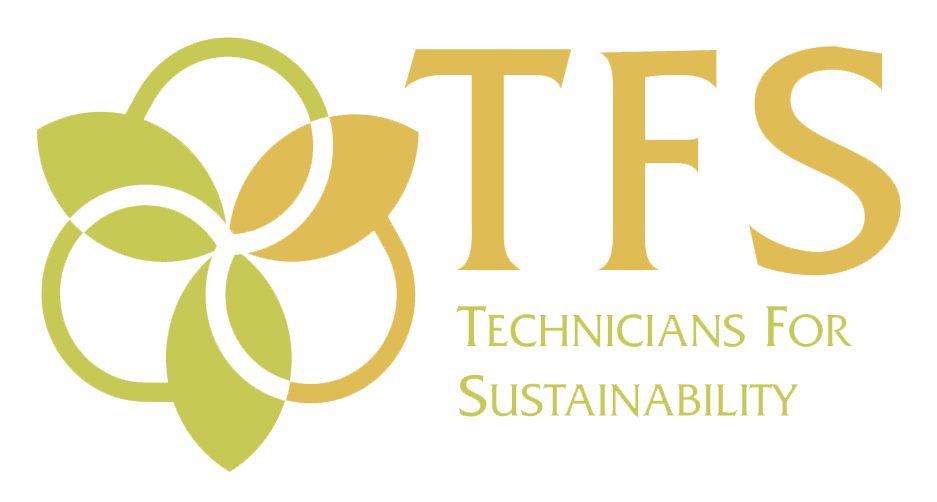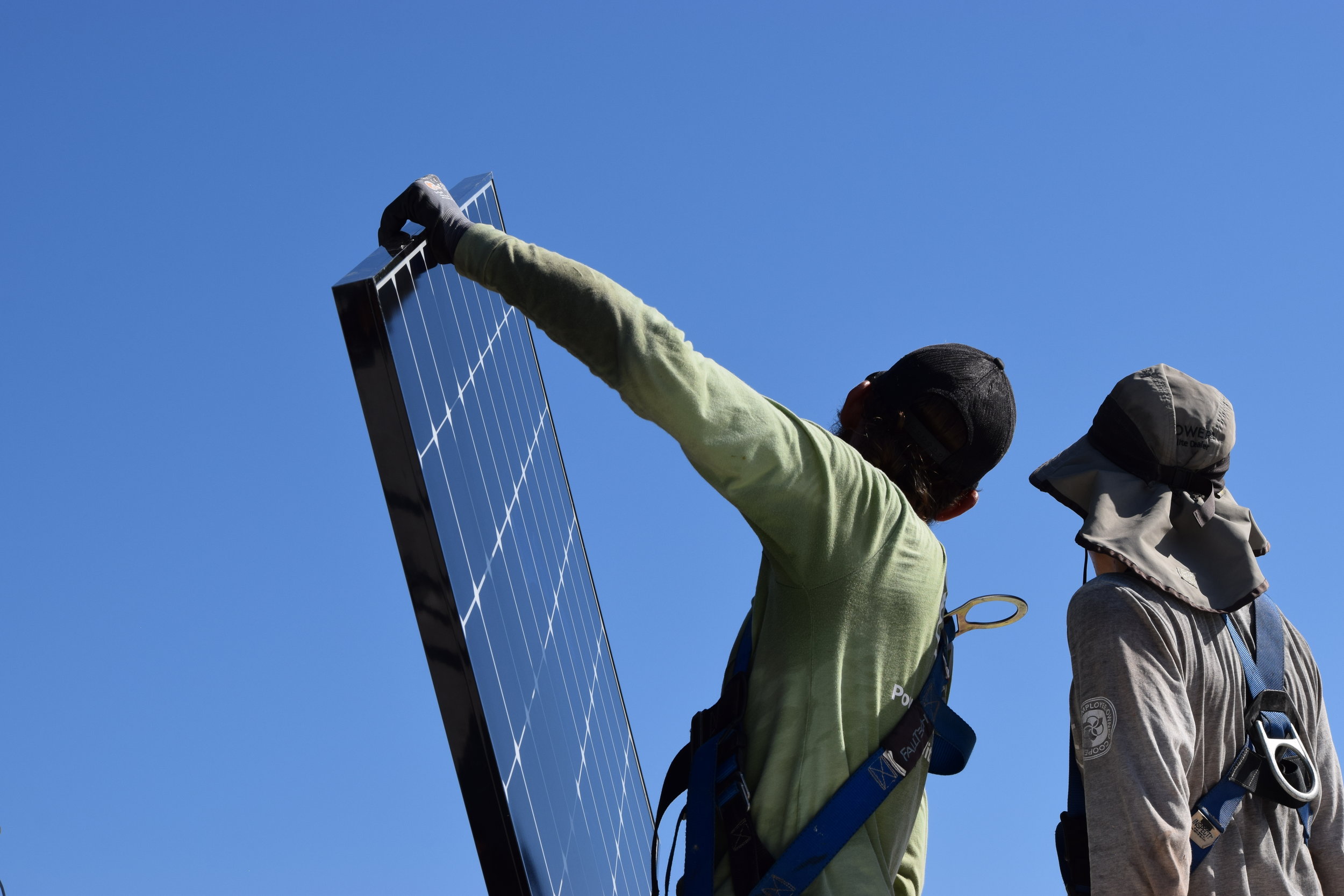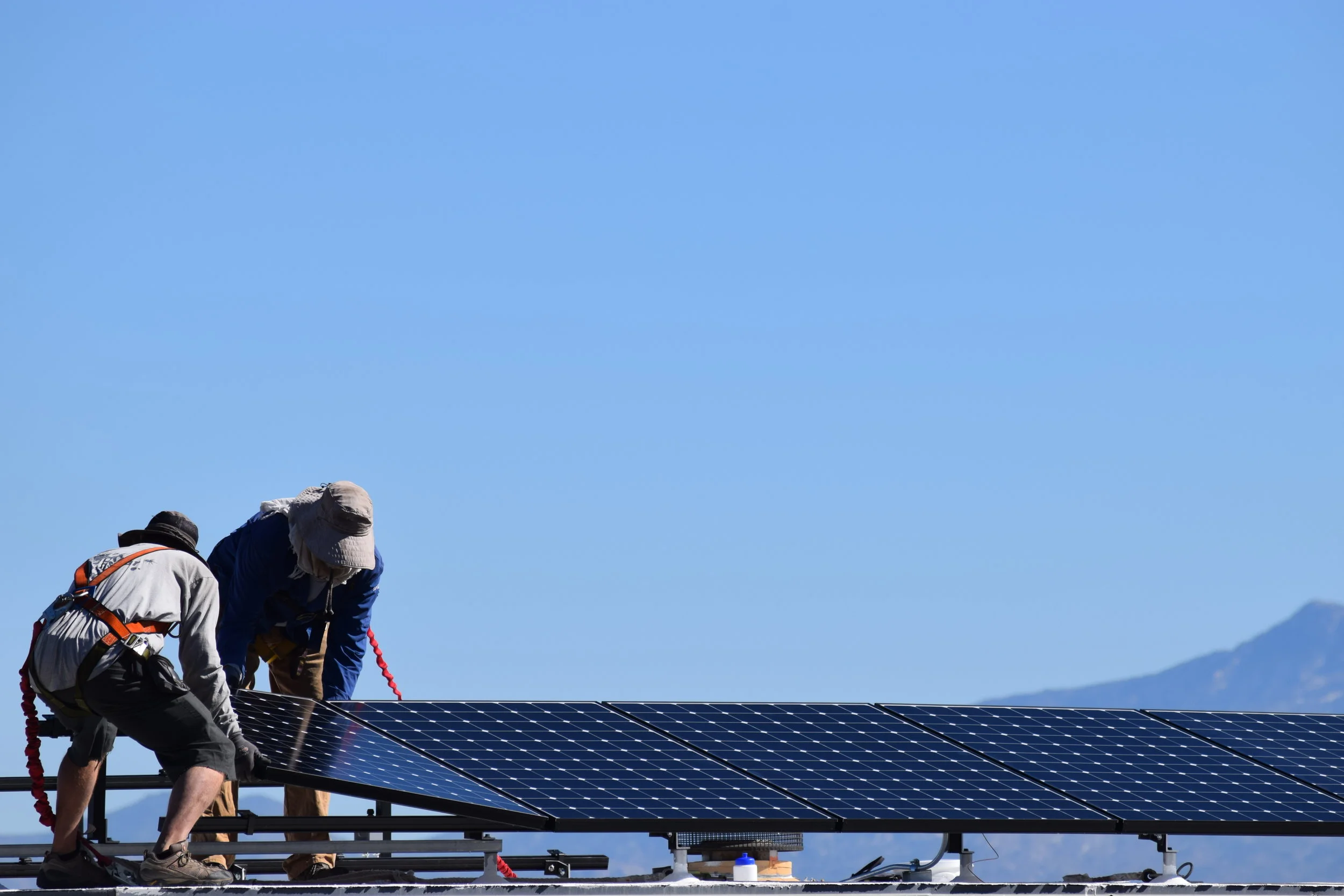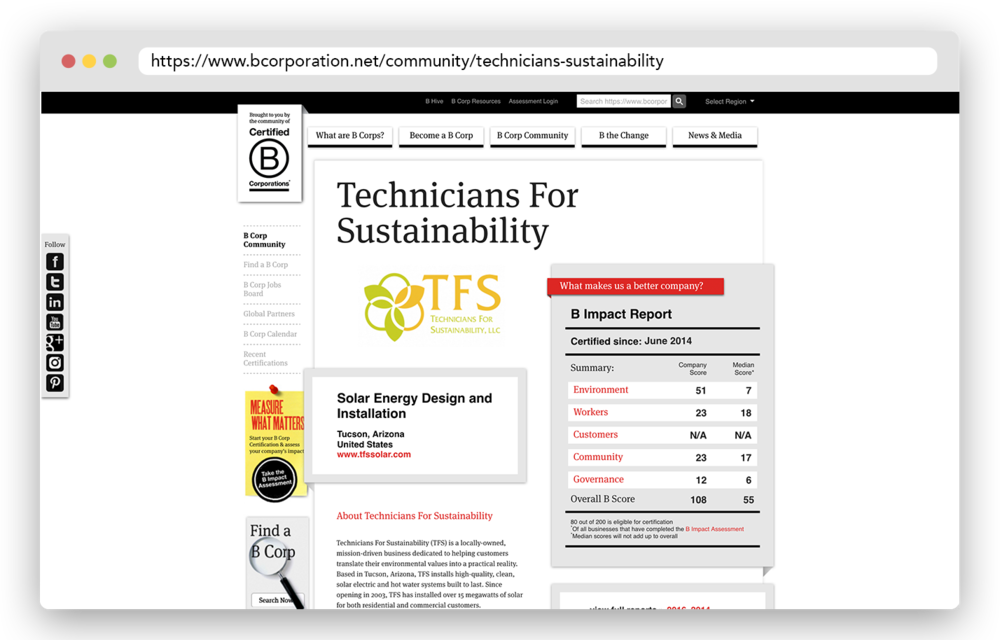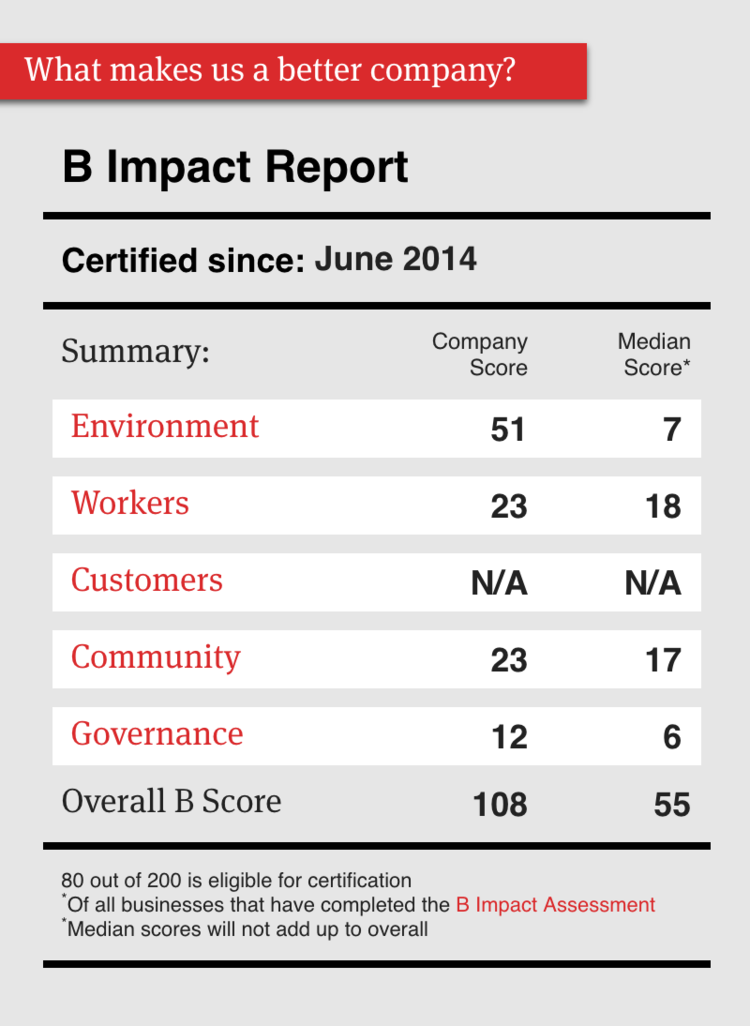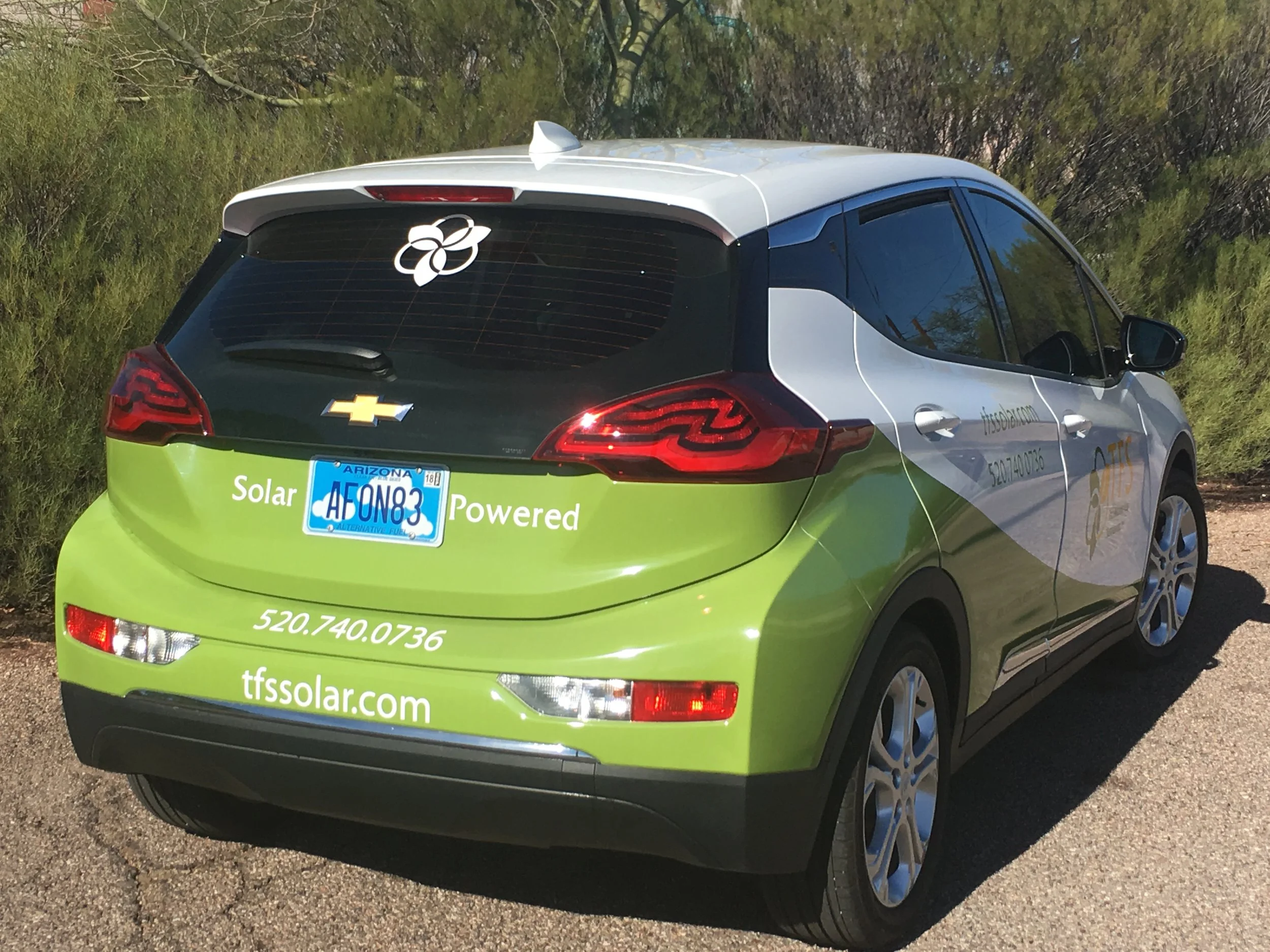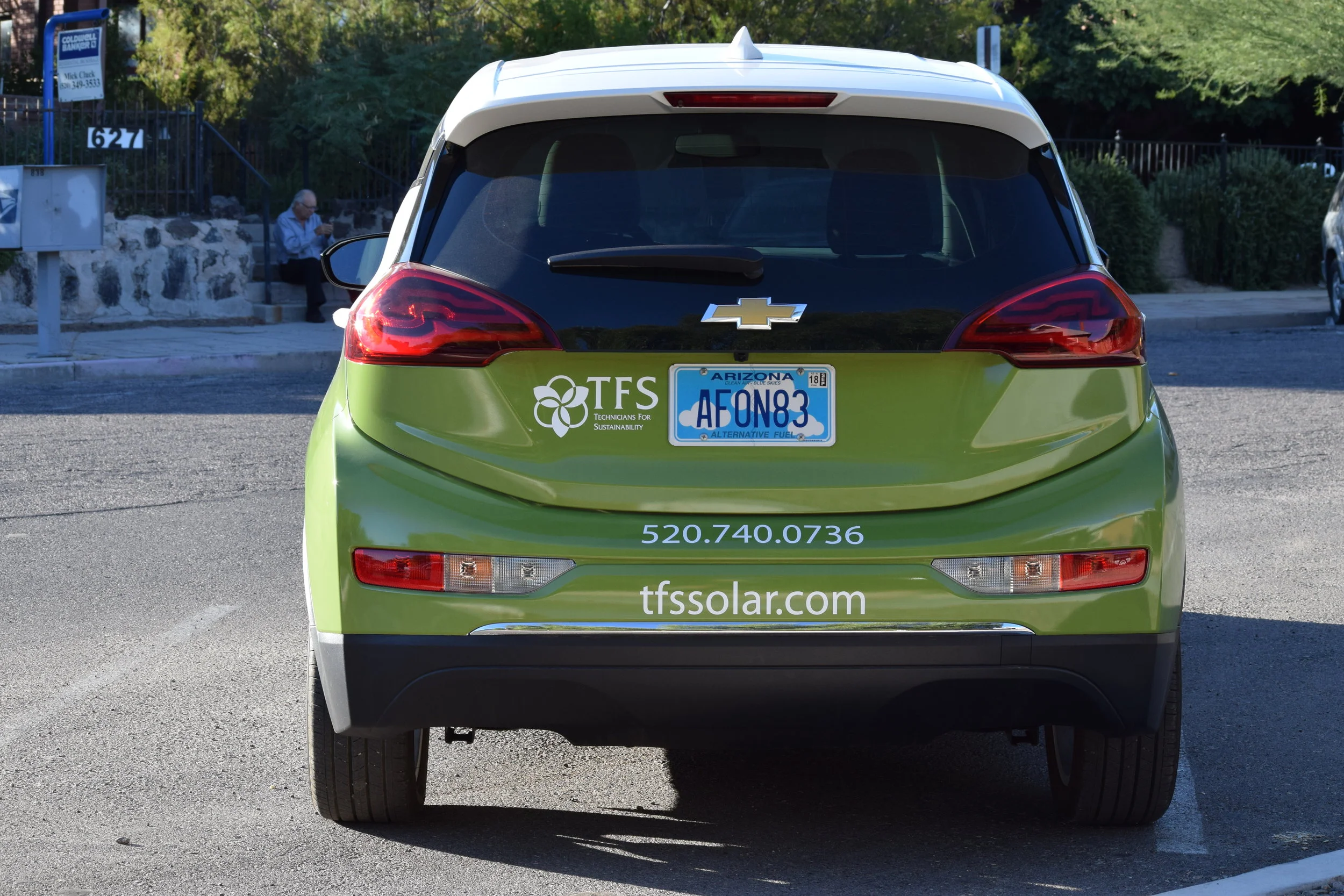In a year that is tied for the hottest on record, the country and the environment need this legislation to continue the transition to clean energy. According to Solar Energy Industries Association CEO, Abigail Ross-Hopper, “Over the next few years, we have an opportunity to build a stronger, more reliable and more equitable American energy economy, and the action Congress is taking today is a helpful down payment.”
This legislation affords more Southern Arizonans the opportunity to actively participate in addressing climate change while reducing costs for electricity. There has been extraordinary interest in solar energy in the past 12 months, as people look to reduce their monthly bills, and the awareness of the impacts of a changing climate has become inescapable.
As a company committed to excellence in our design and installation, TFS is limited in how many customers we can serve each year. This year, 2020, brought an especially large number of Tucsonans interested in adding solar and storage to their homes and businesses; more than TFS could serve by the end of the year. Having this tax credit extension will allow thousands more Tucson households to benefit from clean energy as we work to design and install the highest quality solar we can in the coming year.
What else will change in 2021?
Utility changes: We anticipate that the amount that TEP ‘credits’ customers for exported solar energy will drop by 10%. This rate, subject to a decision by the Arizona Corporation Commission, is expected to drop from $0.08676/kwh to $0.07808/kwh for customers applying to TEP for solar interconnection on or after October 1, 2021. TFS helps customers complete a TEP application for their solar system prior to the end of Sept. 2021, in order to lock in the current solar export rate for 10 years.
Read more about the City of Tucson’s commitment this fall to combating climate change locally.
Ready to Go Solar?
Call today for a free consultation or solar home evaluation
520-740-0736
Or, simply fill out our short contact form and we will be in touch with you as soon as possible.
